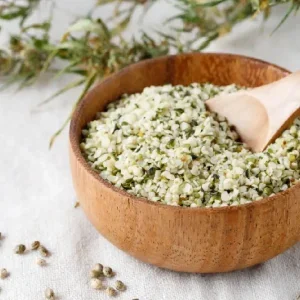The largest importer of palm oil into the United States has pledged to break the link between its product and deforestation, peat destruction and social exploitation.
Cargill, which owns and operates two palm plantations in Indonesia, as well as 12 palm oil refineries across the world, published a policy statement in July that included a commitment to preserve High Conservation Value (HCV) land, a promise to protect peat "defined as soil containing greater than 65% organic matter, regardless of depth" and the protection of human rights, including those of indigenous communities and the prohibition of "illegal, abusive, forced or child labour".
Greenpeace blogger Joao Talocchi welcomed the commitment as "a step in the right direction", but warned that it lacked "clearer targets for compliance, along with plans for independent verification". He also cited a lack of protection for food security and clarity on how this policy might apply to any future plantations acquired by Cargill.






